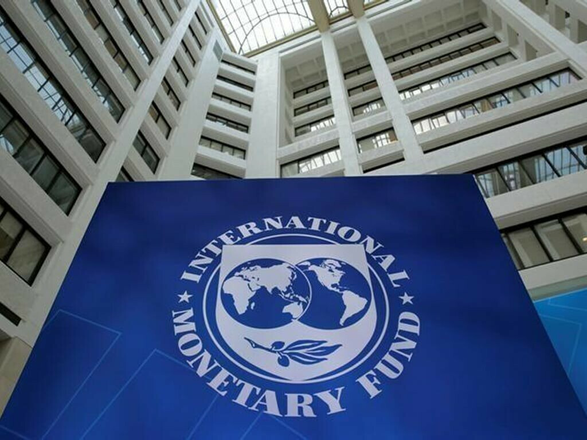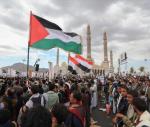You are here
Middle East, North Africa seeing 'gradual slowdown' — IMF
By AFP - Oct 31,2022 - Last updated at Oct 31,2022

A sign displaying the International Monetary Fund logo (AFP photo)
DUBAI — Most of the Middle East and North Africa's non-oil producing economies are experiencing a "gradual slowdown", the International on Monetary Fund (IMF) said on Monday, while resource-rich states are benefiting from high fossil fuel prices.
Despite soaring inflation and murky economic prospects worldwide, the IMF maintained its projection of 5 per cent growth for the region in 2022, dropping to 3.6 per cent in 2023.
But the figures, although higher than elsewhere in the world, don't reflect the region's "challenges", Middle East and Central Asia Director Jihad Azour told journalists in Dubai.
The Middle East and North Africa region varies wildly, from low-income states growing at just 0.8 per cent to the wealthy Gulf monarchies that are running at 6.5 per cent economic growth, according to the IMF.
"Almost two-thirds of the non-oil countries in the region are witnessing a gradual slowdown," he said, presenting the IMF's latest regional report which includes Iran but not Israel.
"[This] is expected because of the repercussions of the global slowdown and also the impact of monetary policy to address inflation, and the rise in interest rates."
"The real issue is the combination of new vulnerabilities," Azour said, highlighting inflation that is projected at 14.2 per cent this year and to remain in double digits for the fourth straight year in 2023.
Even the Gulf countries will retreat to 3.6 per cent growth next year on lower demand and production, the IMF said.
Underlining the sombre global outlook in the next 12-18 months, Azour urged the region's governments to accelerate reforms and set up social security safety nets to protect their populations.
Related Articles
AMMAN — The resilience and progress of the Jordanian economy in recent years, has enabled it to weather the expected impact of the war on Ga
DUBAI — The war in Ukraine has "significantly" impacted the Middle East and North Africa, with the crisis dealing a heavy blow to low-income
AMMAN — Jordan has taken several financial measures that contributed to reducing the budget deficit despite difficult internal and external















